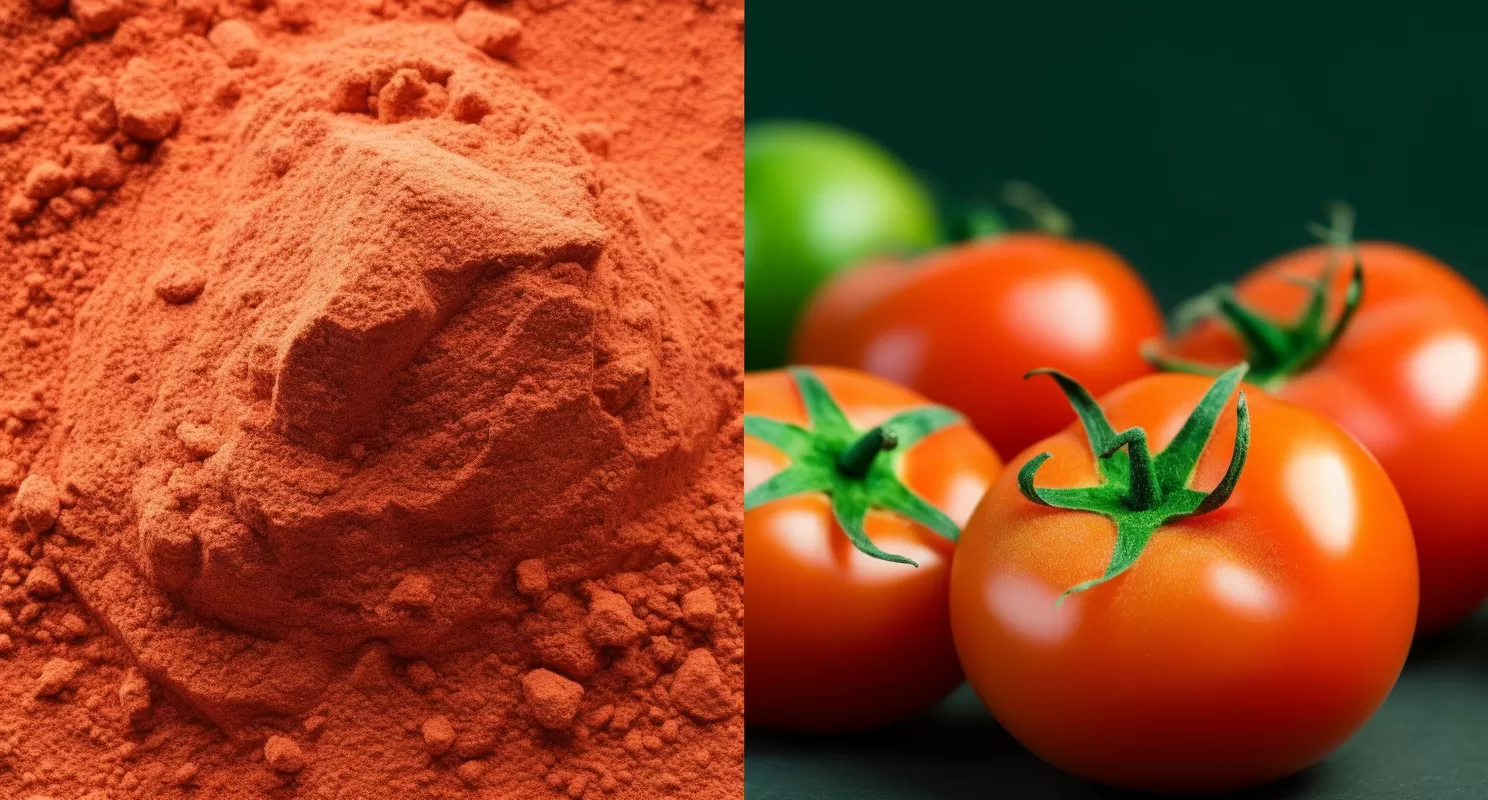- 0086-571-85302990
- sales@greenskybio.com
lycopene and prostate cancer
2023-08-22

Prostate cancer is one of the most common cancers in men. As medical research continues to advance, people have begun to pay attention to the potential impact of food and nutrition on prostate cancer risk. Among them, lycopene has attracted widespread attention due to its antioxidant properties and its relationship with prostate cancer.
The GreenSkyBio official website provides a wealth of natural nutrients, including Lycopene, a plant compound found primarily in tomatoes.
What is Lycopene?

Lycopene is a natural pigment mainly found in tomatoes and other red fruits and vegetables. It is a powerful antioxidant thought to help fight free radical damage, which may reduce the risk of certain types of cancer.
The relationship between lycopene and prostate cancer
In recent years, several studies have indicated that lycopene may be associated with a reduced risk of prostate cancer. In particular, men who regularly consume tomatoes or tomato products appear to have a lower risk of prostate cancer. Although the exact mechanism is still being researched, it is generally believed that the antioxidant properties of lycopene play a key role.
In laboratory studies, lycopene has shown the ability to inhibit the growth of prostate cancer cells. But be aware that while these initial findings are promising, we still need more clinical trials to confirm these findings and understand the mechanisms behind them.
Check out GreenSkyBio's products to learn more about lycopene and other natural nutrients that benefit your health.
How to take lycopene?
The most common sources of lycopene are fresh tomatoes and tomato products such as tomato paste, tomato juice and tomato paste. Additionally, lycopene is also found in certain nutritional supplements, especially those aimed at men's health.
However, for most people, getting lycopene through the diet is probably the most natural and effective way. Studies have shown that lycopene in processed tomato products is better absorbed by the body than fresh tomatoes.
Contact GreenSkyBio for more information on lycopene and other health-promoting nutrients.
Summary
Lycopene is a potential antioxidant that may benefit prostate health. But keep in mind that while preliminary findings are promising, more research is needed to determine its exact impact on prostate cancer risk.
Maintaining a healthy lifestyle, including a balanced diet and regular checkups, is always the best strategy for disease prevention.
TAGS:- ▶ Hesperidin
- ▶ citrus bioflavonoids
- ▶ plant extract
- ▶ lycopene
- ▶ Diosmin
- ▶ Grape seed extract
- ▶ Sea buckthorn Juice Powder
- ▶ Beetroot powder
- ▶ Hops Extract
- ▶ Artichoke Extract
- ▶ Reishi mushroom extract
- ▶ Astaxanthin
- ▶ Green Tea Extract
- ▶ Curcumin Extract
- ▶ Horse Chestnut Extract
- ▶ Other Problems
- ▶ Boswellia Serrata Extract
- ▶ Resveratrol Extract
- ▶ Marigold Extract
- ▶ Grape Leaf Extract
- ▶ blog3
- ▶ blog4
-
hesperidin suppliers
2023-08-22
-
buy lycopene
2023-08-22
-
beta carotene and lycopene
2023-08-22
-
best source of lycopene
2023-08-22
-
rutin with citrus bioflavonoids tablets uses
2023-08-22
-
Hesperidin
2023-08-22
-
Sea buckthorn oil
2023-08-22
-
Sophora Flavescens Root Extract
2023-08-22
-
Oat Straw Extract Powder
2023-08-22
-
Citrus Aurantium Extract
2023-08-22
-
Almond Extract Powder
2023-08-22
-
Grapefruit Seed Extract Powder
2023-08-22
-
Uridine-5'-monophosphate Disodium salt
2023-08-22
-
Cranberry Extract
2023-08-22
-
Avocado Extract Powder
2023-08-22





























